Meta Description: Discover how a loan from a life company offers stability and long-term growth for commercial real estate investors in Dallas with Grander Capital.
Introduction
Life company loans are a type of commercial real estate financing that come from insurance companies rather than banks or private lenders. These lenders use the predictable returns from their policies to fund long-term debt placements, typically for high-quality assets. The result is a loan that often carries a lower interest rate and stable terms, provided the borrower and the property meet the right profile.
Understanding the differences between life company loans and more traditional financing can make a big difference, especially for investors working in a tight or shifting real estate market like Dallas. Real estate loans are not one-size-fits-all. Some investors are preparing to hold properties for decades, while others aim to reposition and exit within a few years.
This makes it important to look closely at how each type of loan functions because the wrong fit can reduce returns or add unexpected hurdles. This article focuses on how life company loans stand apart from traditional financing in a way that’s especially relevant for commercial real estate investors in Dallas.
Understanding Life Company Loans
Life company loans are a form of long-term commercial debt backed by large insurance firms. These companies lend out capital from their general account, which holds money from their policyholders, and they look for secure, income-producing properties to protect their investment. This often includes Class A multifamily, office, retail, and industrial buildings in top-performing markets. They are less likely to fund transitional or value-add projects unless the sponsor has a strong track record and the long-term vision aligns with their lending strategy.
One major trait of life company loans is that they lean toward stability. That’s reflected in several key features:
– Fixed interest rates that last through the life of the loan
– Longer loan terms, commonly between 10 to 30 years
– Amortizing structures, sometimes with interest-only periods upfront
– Low leverage limits, often capping at 65 to 70 percent loan-to-value
– Non-recourse options for qualified borrowers
– Preference for core or core-plus assets in top locations
For a Dallas investor with a stabilized multifamily property near the Design District or a net-leased retail center in Lakewood, a life company loan could be a strong match. These investors often want long-term predictable debt that helps them preserve equity and avoid refinancing risk as rates move over time. Life companies reward low-risk deals. If the property is performing well and located in a high-demand submarket, the chances of approval are higher than they might be with transitional loans.
These loans are harder to secure for properties that are undergoing renovations or repositioning. For example, a hospitality investor redeveloping an aging hotel in South Dallas may not qualify for life company financing until cash flows stabilize. Knowing the loan product’s requirements upfront helps investors plan when and how to approach funding.
Key Differences Between Life Company Loans and Traditional Bank Loans
While both life companies and banks fund commercial real estate, the way they structure loans varies in a few notable ways. This can influence timelines, costs, and flexibility throughout the financing period.
Here are some major differences to watch:
- Interest Rates and Terms
Life company loans often come with lower fixed interest rates than banks because the lender is not sourcing funds through deposit accounts or credit facilities. Banks may offer floating rates or shorter fixed terms by comparison. This makes life company loans more appealing to those who want long-term stability and predictability in their debt payments.
- Loan Structure and Flexibility
Banks typically offer more flexibility in structuring, such as offering revolving lines of credit or more tailored short-term lending. Life companies tend to follow stricter guidelines and prefer amortizing loans with defined cash flow metrics. Life company financing also comes with prepayment penalties, generally in the form of yield maintenance or defeasance, which makes them best suited for long holds.
- Approval Process
The approval process at banks usually involves both character and collateral. Relationships often matter more with banks, and local branches may have more influence in the process. Life companies use detailed underwriting based on asset quality, location, and borrower strength. They work through correspondents or capital markets firms who bring them vetted deals and tend to move more cautiously with new client relationships.
One Dallas-based industrial investor shared how they received a favorable 20-year fixed-rate life company loan on a warehouse near the Trinity River Corridor. A nearby business expansion meant the tenant was signing a long-term lease, which helped check the boxes for the life company’s underwriting team. They would not have been able to secure such a long term at a steady rate with a traditional bank, where the best offer was a 7-year balloon loan with floating terms after year five.
Understanding where each type of lender shines can help you make smarter choices faster. If your asset lines up with life company criteria, the structure might help you ride out market changes without having to refinance every few years. If your deal is transitional or requires more hands-on flexibility, traditional lenders will likely be the better fit.
Advantages of Choosing a Loan from a Life Company
One standout feature of a life company loan is the long-term rate lock. Fixed rates that hold for 15 to 30 years can add predictability you cannot get with a typical bank loan. This is especially useful for investors holding stabilized multifamily or retail assets in Dallas, where value often builds gradually over time. A locked-in rate means you avoid potential issues tied to refinancing during economic shifts or periods of high interest rates.
Non-recourse terms are another big advantage. Many life company loans offer non-recourse structures, which means that if something goes wrong and the property cannot cover the loan, the borrower is not personally on the hook assuming no fraud or negligence. For many Dallas-based investors managing multiple projects across neighborhoods like the Medical District or Knox-Henderson, that kind of protection lowers risk exposure and simplifies long-term planning.
Here is how a loan from a life company might help with specific asset types in Dallas:
– Multifamily in East Dallas: A long-term loan helps lock in favorable terms on a Class A complex with stable tenants
– Retail in Preston Hollow: Fixed payments protect against seasonal downswings or delayed leasing in slower cycles
– Industrial near DFW Airport: Reliable debt structure supports tenant expansion and stable rental income
These loans can also give sponsors enough time to plan big-picture strategies. Without looming refinance timelines, there is space to increase net operating income, reduce operating expenses, or improve the property at a more comfortable pace. That time cushion can change the way you manage your asset entirely.
Potential Drawbacks and Considerations
A life company loan is not a fit for every real estate deal. These lenders want predictability, and that means strict underwriting standards. If you are developing a new site, repositioning an old property, or working with an asset that has not stabilized earnings, it is going to be tough to get approved.
There are a few specific things to keep in mind:
– Lower LTV: You will likely need to bring more equity to the table
– Limited flexibility: Life company loans do not usually allow major changes in structure without going back through a formal approval pipeline
– Prepayment penalties: Yield maintenance or defeasance can make it expensive to exit early
– Shorter funding timeframes: Unlike banks or bridge lenders, life companies often require a well-prepared submission with no room for guesswork or loose ends
Say you are an investor in Dallas buying a vacant office building in Oak Cliff with plans to turn it into a creative coworking hub. In that case, a life company is not your best option upfront. The debt needs are evolving, the income is unpredictable, and the risk is much higher. A private loan, bank loan, or bridge structure might better match the flexibility required. Once the property stabilizes, that is when a life company might come into the picture.
It helps to map out long-term and short-term goals side by side. What seems affordable or easy in the near term could prove rigid and costly later. That is why understanding your hold period, value benchmarks, and exit strategy matters when picking the financing route.
What Works Best for Your Dallas Investment
Choosing the right debt structure for a project in Dallas takes more than grabbing the lender with the lowest rate or fastest timeline. Life company loans and traditional bank loans serve different needs, and your strategy needs to reflect both where your project is now and what your goals look like down the line.
Life company loans perform best when paired with stable, cash-flowing assets expected to hold long-term value. If you are overseeing a multifamily project near White Rock Lake, or a fully leased self storage facility in North Dallas, the long-term stability that life companies offer could bring serious upside. On the flip side, properties in transition or undergoing new development typically need flexible structures that a life company loan will not provide.
Before moving forward with any loan, take time to ask:
– What is my target hold period, 5 years or 15?
– Is the property stabilized and income-producing?
– Can I operate within a loan that limits flexibility and has exit costs?
– Is this debt structure aligned with my overall investment plan?
Life Company Loans: A Smart CRE Choice
Thinking through these questions now can help limit problems later. More importantly, it can help bring your investment goals and financing options into alignment. Whether rates rise or fall, your ability to stay consistent with a long-term commercial debt plan can be the difference between strong returns and tight margins.
Looking to secure financial consistency in your commercial real estate investments? Consider the stability and long-term benefits of a life company loan. Whether you’re managing multifamily or retail assets in Dallas, Grander Capital is here to help you find the right solution to match your asset goals and timelines. Let’s explore how a life company loan can support your investment strategy and provide enduring growth.

